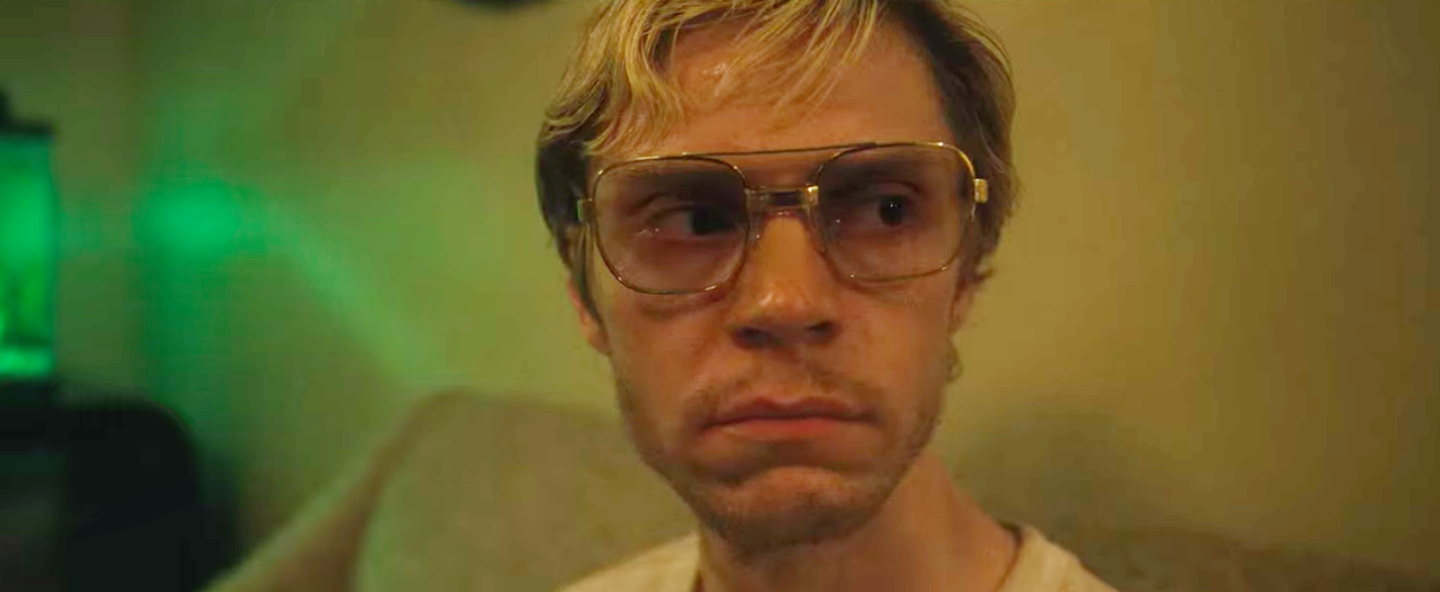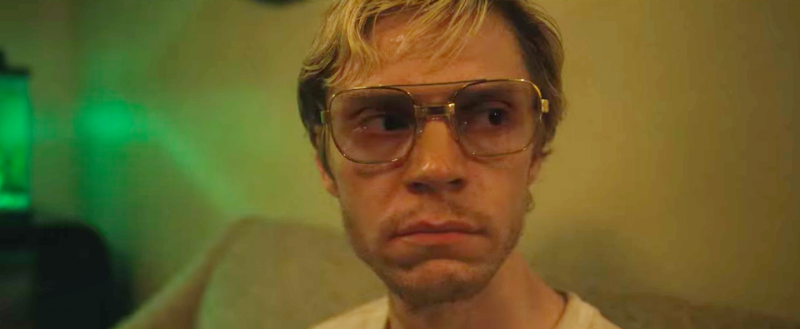“Monster” isn’t just another crime show


In a world where a serial killer is more well-known than the 17 boys and men whom he dismembered, cannibalized and used to fulfill his necrophilic desires, it’s understandable that there’d be backlash from the victims’ families over Netflix’s decision to release a series about the murders.
Monster: The Jeffrey Dahmer Story is a new Netflix series about American serial killer and child molester Jeffrey Dahmer, who committed his murders between 1978 and 1991. It’s the latest of many movies and shows that major production companies have created about Dahmer. Since 1992, there have been at least 20 Dahmer projects– more than the 12 Batman movies and shows that have been produced in the same amount of time.
In its first full week, Monster drew 196.2 million viewing hours and is currently the top TV show on Netflix in over 60 countries. In a way, the series’ popularity is unsurprising; as much as society loves our heroes, we’re equally,– if not more,– fascinated by our real-life villains.
Created by Ryan Murphy and Ian Brennan, the series stars Evan Peters as Dahmer, alongside other famous actors such as Richard Jenkins and Molly Ringwald. The ten episodes explore Dahmer’s personal life and the murders he committed.
Monster also offers insight into Dahmer’s victims in a way that other movies and shows on the topic haven’t In a particularly harrowing episode, we’re introduced to Tony Hughes, a deaf and mute man portrayed by Rodney Burford. The episode brings us through Hughes’ brief life before he was murdered by Dahmer at 31.
We learn about Hughes’ upbringing, close family relationships and dreams of modelling, which he moved to Wisconsin to pursue while attending college. The episode shows his life for what it was; rich and worthwhile not because of Dahmer, but in spite of him.
By delving into the lives of some of Dahmer’s victims, Monster brings home the extent of his cruelty. Instead of wondering who Dahmer might’ve been if he had had a better home life, friends, or psychiatric help, viewers are prompted to wonder who each of the 17 boys and men he murdered might’ve been if their body parts hadn’t ended up dissolved in acid in his apartment.
That said, Monster doesn’t shy away from the classic question of nature versus nurture. It asks viewers whether Dahmer’s environment was a deciding factor in his crimes, or if it was merely a backdrop for him to become who he was all along.
The series offers background on his mentally unwell mother, who abused prescription pills during pregnancy. It also shows Dahmer’s attempts to share his dark thoughts with his father, who promptly dismisses them.
Of course, that’s no justification to murder anyone, let alone dismember or cannibalize 17 boys and men and sleep with their corpses. Plenty of people have had similar or worse upbringings without becoming serial killers. Monster shows the well-intentioned actions of Dahmer’s father, who encouraged his taxidermy hobby and saw it as an innocent love for science. His love for his son is undeniable in the series, as he repeatedly tries to nudge Dahmer in any direction other than the one he ended up taking.
Monster is a gripping series that shows Dahmer’s progression from an alcoholic, sexually-repressed high school outcast to one of the world’s most notorious serial killers. It examines the social structures and police incompetency that allowed his crimes to continue. It re-emphasizes the evil that exists in some people- an evil of which we’ve heard over and over, yet continue to be engrossed by.

